AGRICULTURAL PRODUCTS
This page provides an overview of our agricultural products. We offer a variety of raw materials and finished goods, always prioritising high quality and customer satisfaction.
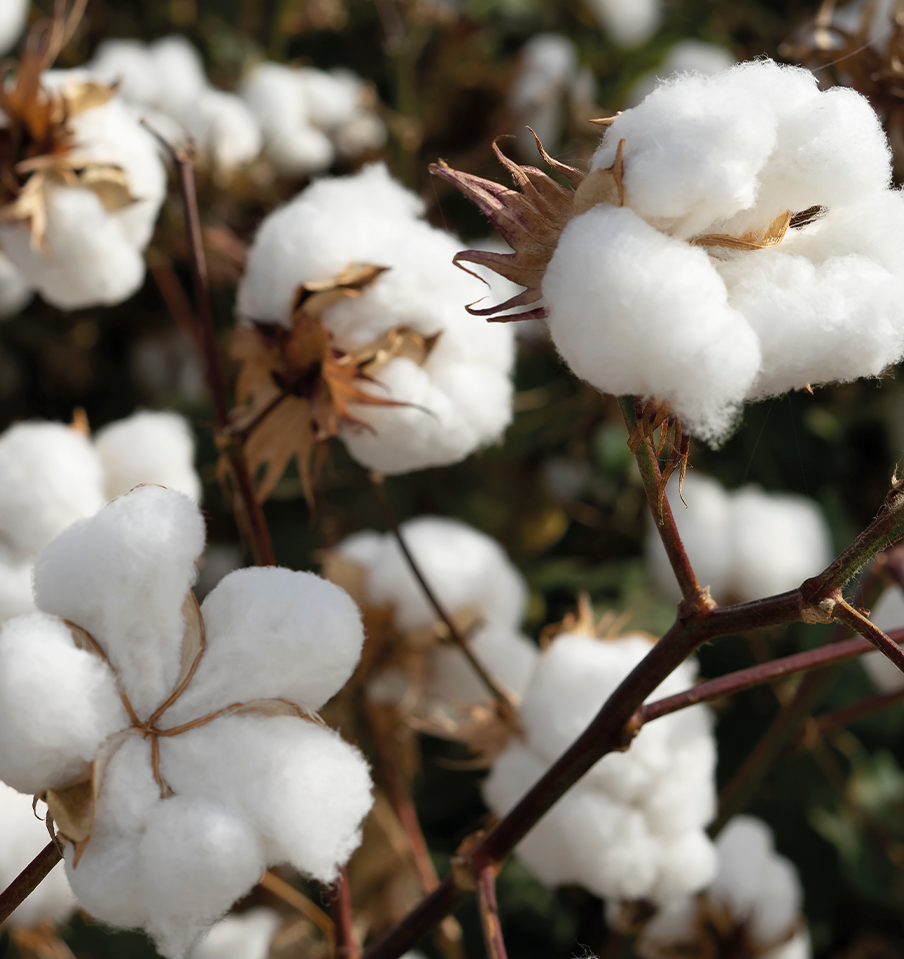
Ginned Cotton
We proudly produce and trade high-quality ginned cotton,focusing on medium fiber length varieties that meet the diverse needs of the textile industry. Ensuring that our clients receive premium products directly from our farms. With a commitment to excellence and sustainability, we cater to the diverse needs of the textile industry.
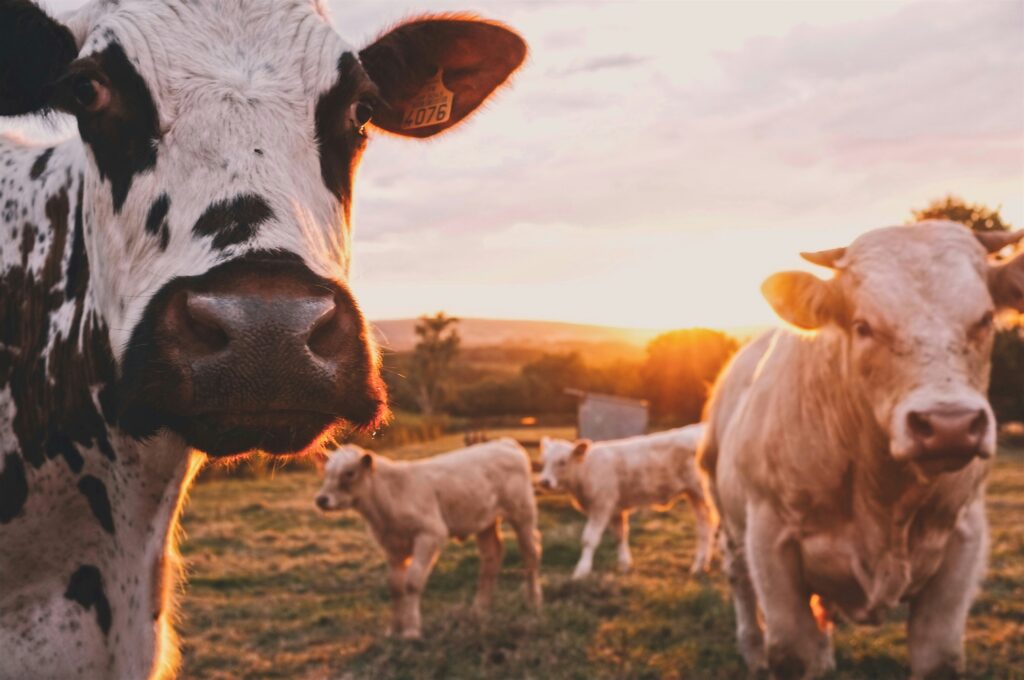
Animal Feed
We take pride in producing high-quality animal feed on our own farms and in our state-of-the-art factories. By controlling the entire production process, we ensure that our clients receive premium feed tailored to the nutritional needs of their livestock and poultry.
Our animal feed is crafted from the finest ingredients sourced directly from our farms, allowing us to maintain rigorous quality standards from field to feed.

Milk Powder
At MB Trading, we prioritize quality and safety. Our milk powder is sourced from reputable dairy farms and undergoes rigorous testing to ensure it meets international standards.
We offer a variety of milk powder products tailored to meet the specific needs of our clients.
Such as,Whole Milk Powder,Skimmed Milk Powder and Whey powder.

Sugar
We specialize in the global trading of sugar, one of the most essential commodities in the world. With a strong network of suppliers and buyers, we ensure seamless transactions and competitive pricing for all our clients.Our team of experts closely monitors market trends, ensuring we provide our clients with timely insights and data to make informed trading decisions.
We prioritize quality at every step of the trading process. Our rigorous quality control measures guarantee that you receive only the best sugar products, whether raw or refined. With established relationships in key sugar-producing regions, we can source and supply sugar to meet your specific needs, regardless of your location.

Flour
We are dedicated to the trading of high-quality wheat flour, a staple ingredient that plays a crucial role in the food industry worldwide. With a robust supply chain and a commitment to excellence, we cater to the diverse needs of our clients, from bakeries to food manufacturers.Our experienced team stays abreast of market trends and pricing fluctuations to provide you with timely advice and strategies for effective trading.
We prioritize quality in every batch we trade.
Our flour undergoes rigorous testing to ensure it meets the highest industry standards for consistency and safety.Leveraging our strong relationships with reputable wheat producers, we can source various types of flour, including all-purpose, whole wheat, and specialty blends.
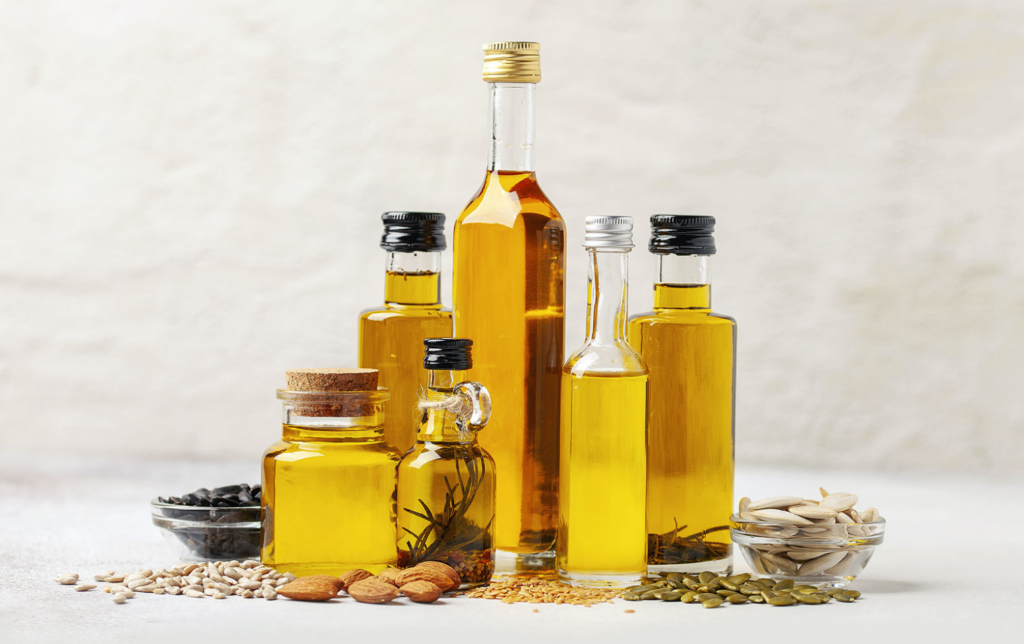
Oils
We specialize in the production and trading of high-quality cottonseed oil,peanut oil and soybean oil.
Utilizing advanced pressing techniques, we ensure our oils meet the highest standards of purity and quality, catering to both food manufacturers and consumers alike.
Our refined cottonseed oil is known for its light flavor and high smoke point, making it ideal for frying, baking, and food preparation. It’s also a great choice for food manufacturers looking for versatile cooking oils.
Soybean Oil: Our high-quality soybean oil is a popular choice for cooking and food production. Rich in essential fatty acids and low in saturated fat, it offers a healthy option for various culinary applications.
Peanut Oil: Renowned for its rich flavor and high smoke point, our refined peanut oil is perfect for frying, sautéing, and baking. It’s a favorite among chefs for its ability to enhance the taste of dishes.
We offer a diverse range of edible oils to cater to various culinary needs and preferences.We also provide specialty oils, such as sesame oil, to meet the growing demand for unique flavors and health benefits in cooking.
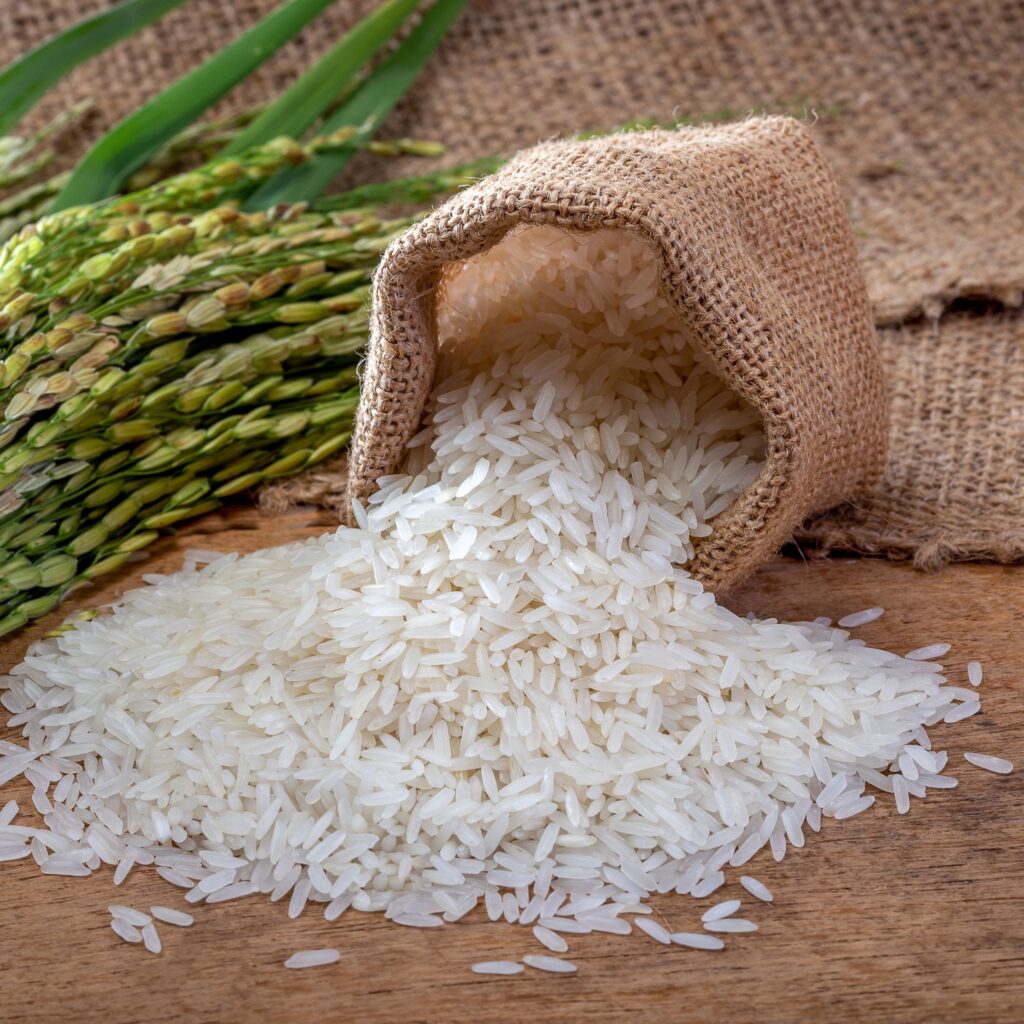
Rice
Rice is a staple food for more than half of the world’s population, making it a crucial commodity in global trade.
We often source our products from various countries, considering factors like quality, yield, and price. Major rice-producing countries include China, India, Thailand, and Vietnam. The sourcing strategy involves partnerships with local farmers, cooperatives, or large-scale producers.
Maintaining high quality is vital.
MB implements strict quality control measures to ensure the rice meets international standards. This can include testing for impurities, moisture content, and grain length.
Furthermore,Efficient logistics are essential for transporting rice from producing regions to markets. This involves managing shipping, warehousing, and distribution networks. Companies often need to navigate complex regulations and tariffs that vary by country.
Understanding market trends is crucial for pricing and demand forecasting. Factors such as climate change, trade policies, and shifts in consumer preferences can significantly impact rice prices and availability.
Building strong relationships with buyers, which can range from wholesalers to retailers, is essential and we uphold ourselves to it.
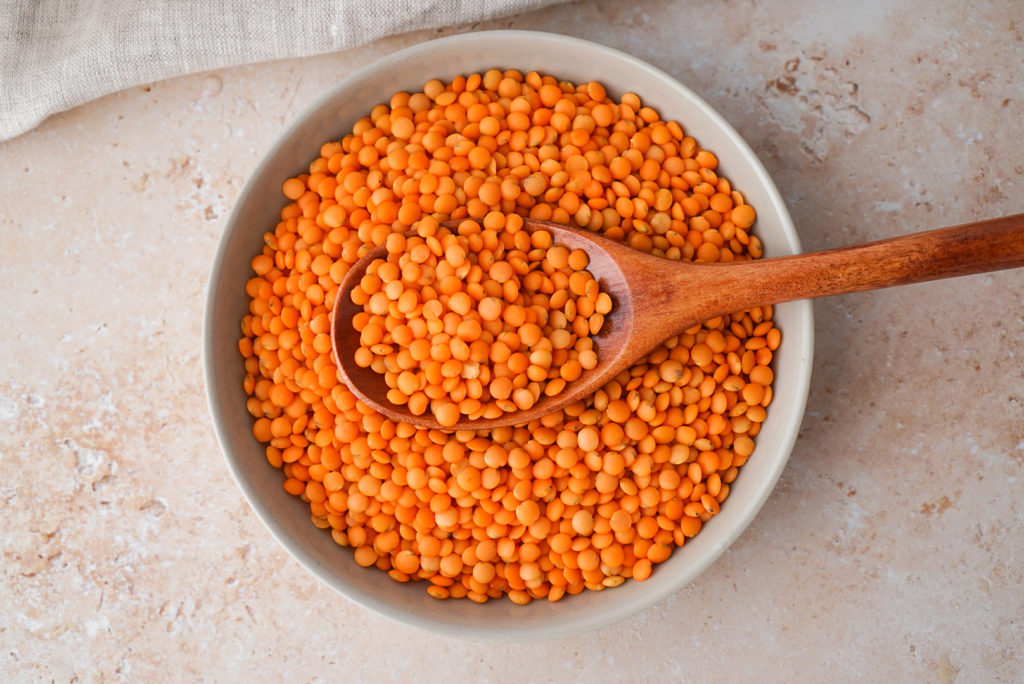
Lentils
At MB Trading, we specialize in the global trading of high-quality lentils, catering to the growing demand for this nutritious and versatile legume. With years of experience in the agricultural commodities market, we connect producers, wholesalers, and retailers to ensure a seamless supply chain.
We offer a wide variety of lentils, including:
Red Lentils: Quick-cooking and ideal for soups and stews.
Green Lentils: Known for their peppery flavor and firm texture, perfect for salads and side dishes.
Brown Lentils: Versatile and hearty, great for various culinary applications.
Black Lentils : Small, shiny, and packed with flavor, ideal for upscale dishes.
We source lentils from reputable farmers and producers across key regions, including Canada, India, and the United States.
Our rigorous quality control processes ensure that every batch meets international standards for taste, texture, and nutritional value.
